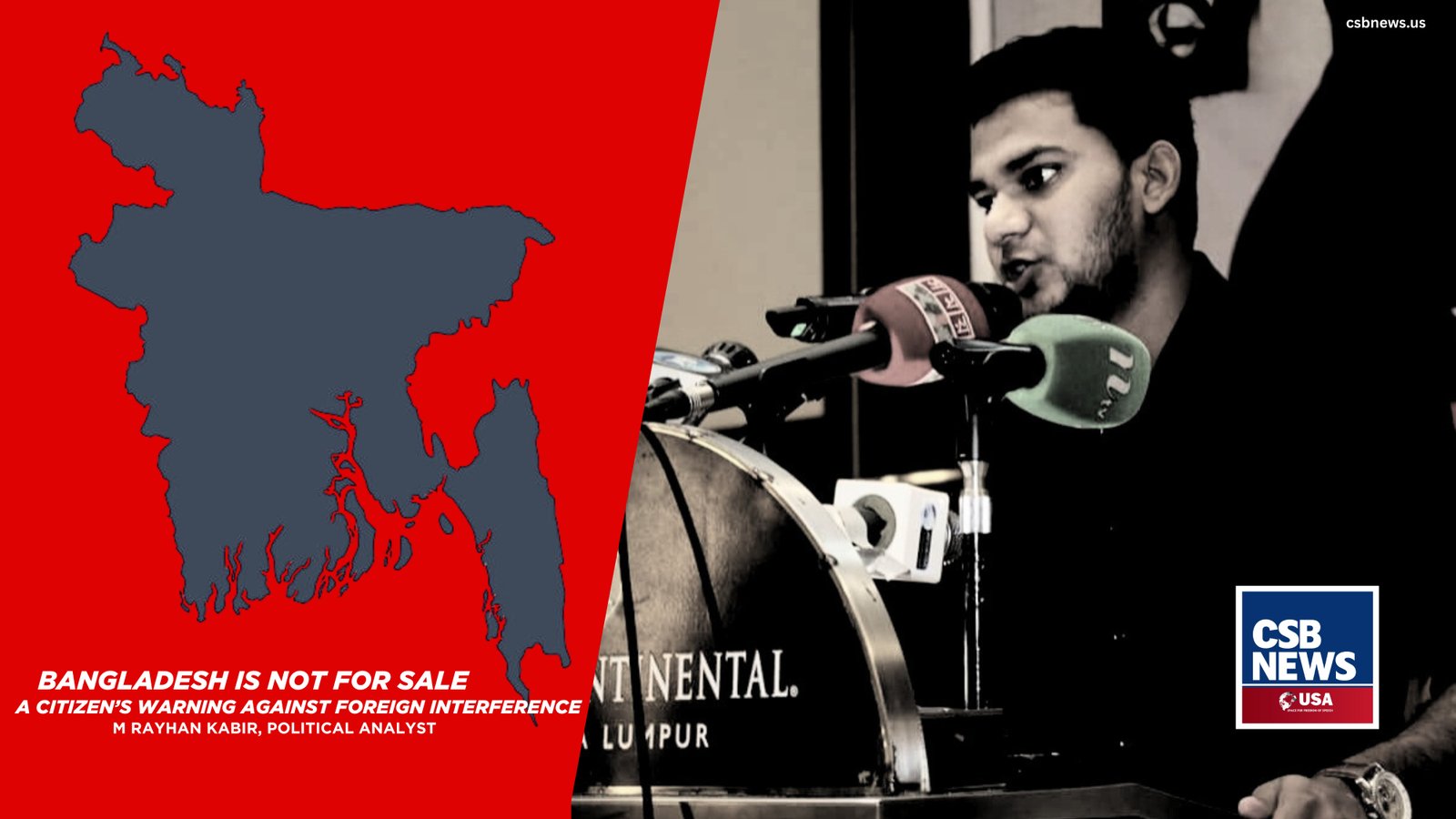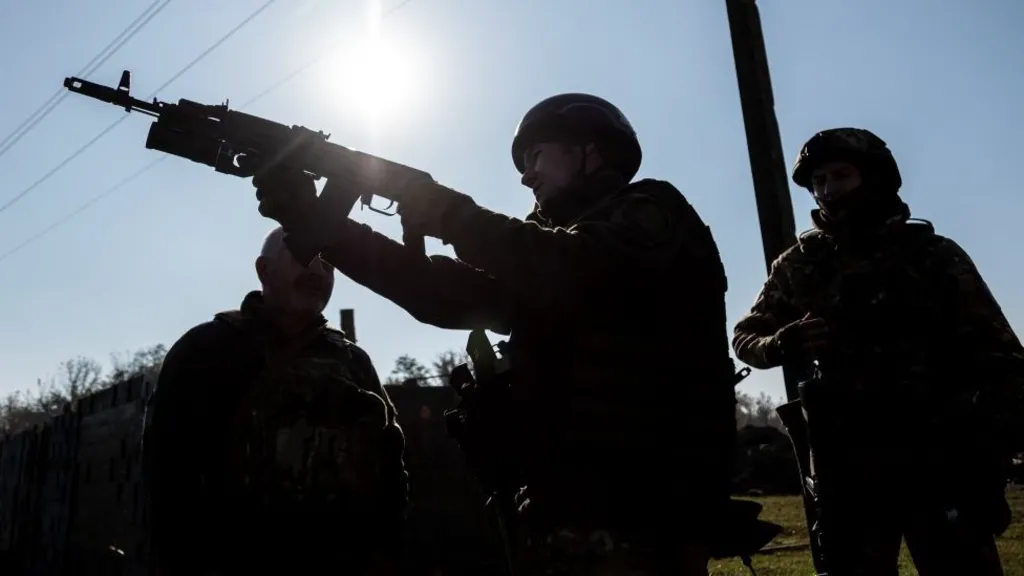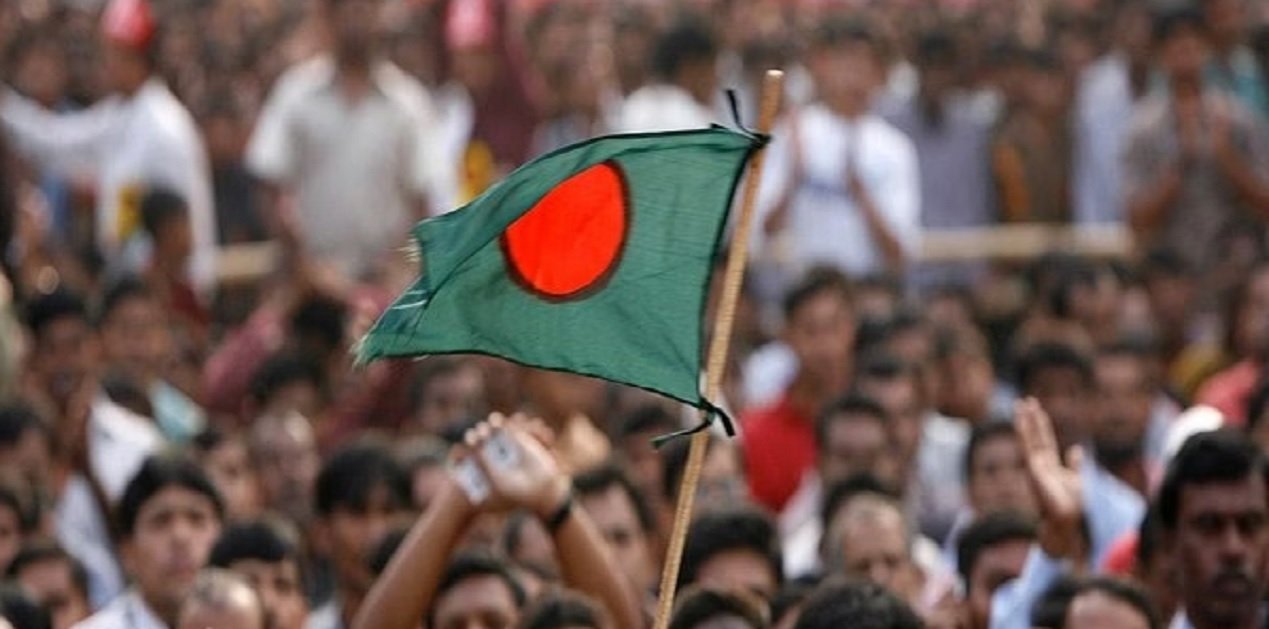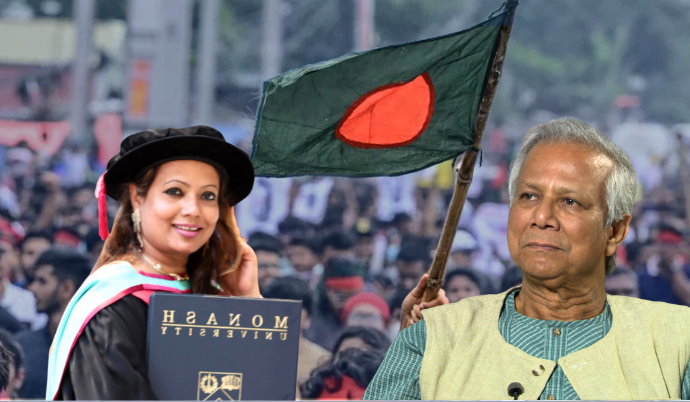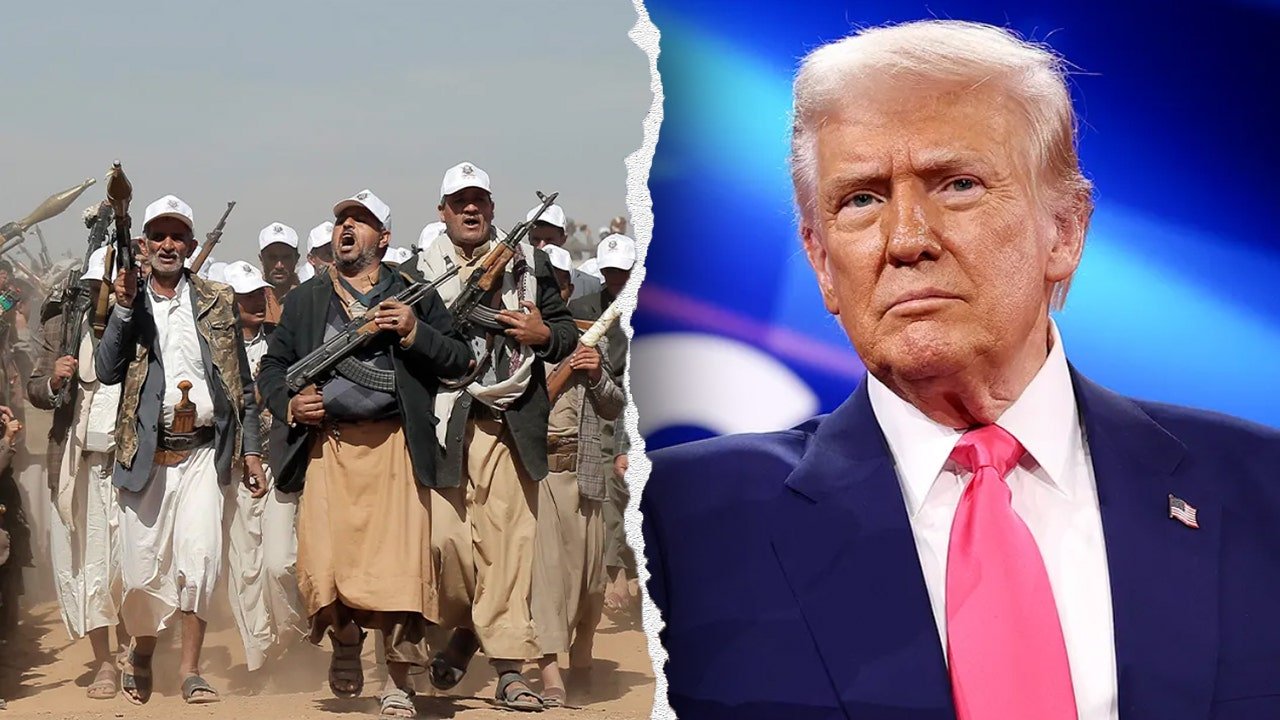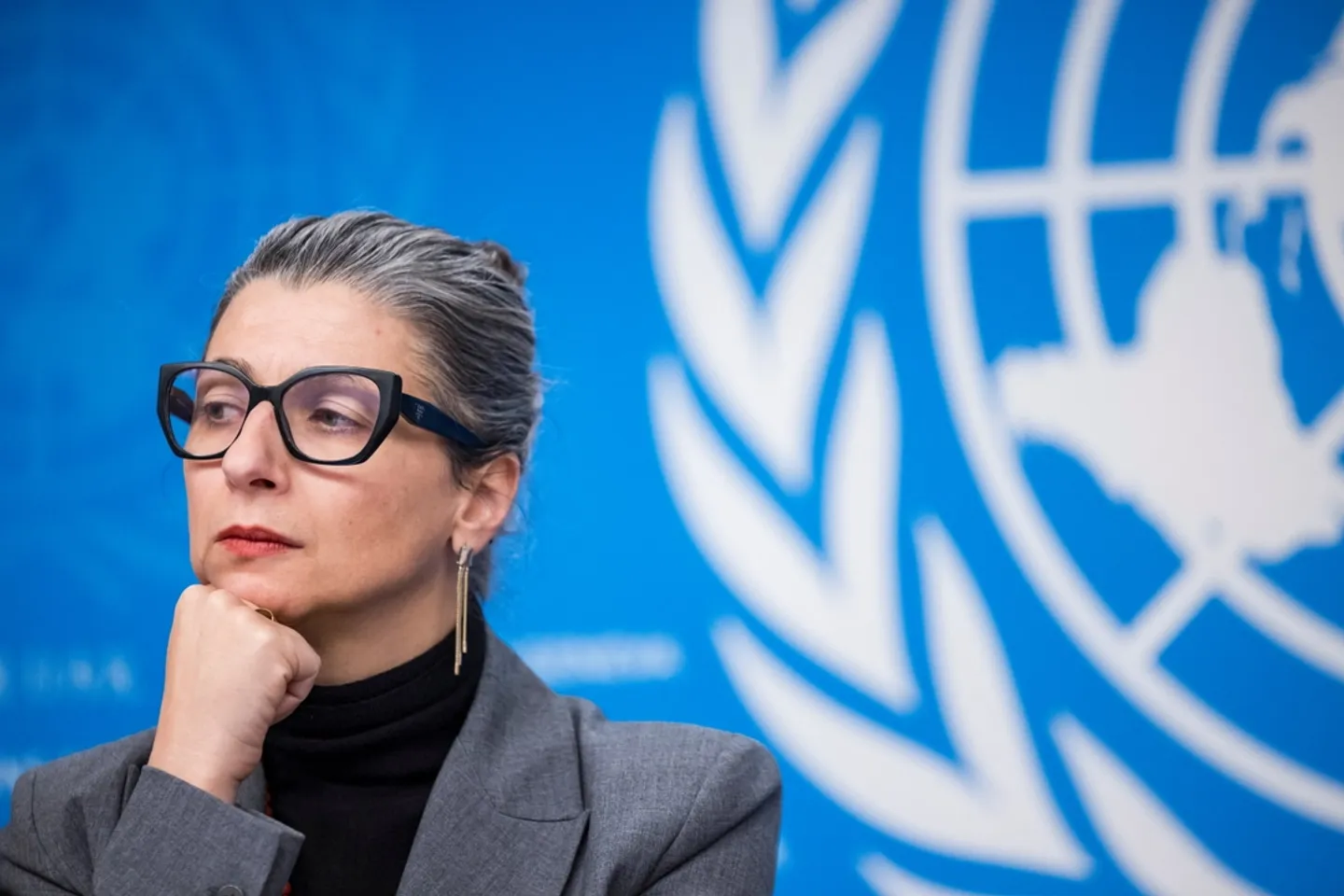Bangladesh Is Not for Sale: A Citizen’s Warning Against Foreign Interference
By M Rayhan Kabir, Political Analyst : Bangladesh is not a failed state. We are not at war, nor falling into collapse. And yet, in July 2025, an unelected interim government entered a secretive agreement with the United Nations to host a Human Rights mission under OHCHR in Dhaka. It was signed without open debate in Parliament, without public consultation, and without the transparency that our Constitution demands.
Bangladesh Is Not for Sale: A Citizen’s Warning Against Foreign Interference
This isn’t just a technical arrangement. It is a political act with long-term implications. And if we look to history, the warning signs are clear.
Foreign
"Monitoring" That Led to National Ruin
Syria. Libya. Sudan. Iraq. Each of
these nations allowed international human rights missions, advisory teams, or
so-called humanitarian corridors to operate. And in each case, what began as
"monitoring" ended in something far worse.
In Syria, half a million people were
killed, and over 7 million displaced. In Libya, a human rights-backed mission
turned into NATO airstrikes and the country plunged into militia chaos. Sudan’s
civil war intensified even as UN agencies operated on the ground. Iraq, under
international "training" and "support" programs, saw its
sovereignty and stability eroded beyond repair.
We must ask: is this what we want
for Bangladesh? A country that is peaceful, proud, and imperfect—but capable of
solving its own problems. Why must we follow in the footsteps of nations that
now suffer the consequences of foreign-managed futures?
A Thousand-Year Journey of Bengali
Dignity and Defiance
Bengal’s story stretches back more
than a millennium—through Pala-Sena empires, flourishing ports on ancient trade
routes, and a unique cultural tapestry woven from Hindu, Buddhist, and Islamic
threads. During the Bengal Renaissance, luminaries like Raja Rammohan Roy,
Rabindranath Tagore, and Kazi Nazrul Islam transformed our land into a crucible
of spiritual and social reform.
In 1952, our youth rose and
sacrificed their lives for our language—our identity—at the Shaheed Minar,
uttering a collective defiance: “Chaos shall not silence our mother tongue.”
That flame lit a path to our 1971 Liberation War, where we stood as equals in
humanity, not subjects to others’ whims.
Rabindranath Tagore reminded us:
“Where the mind is without fear and
the head is held high… Into that heaven of freedom… let my country awake!”
And when his pen wrote “Ekla Chalo
Re"—"If no one responds to your call, then go your own way
alone"—it became our anthem of self-reliance and courage.
Kazi Nazrul Islam, our Bidrohi Kobi
(Rebel Poet), echoes in our hearts:
“I am the rebel eternal… High, ever
erect and alone!”
This thousand-year journey—from
empires and intellect to martyrs and liberation—speaks not of subservience, but
of courage, identity, and unwavering defiance. It is the moral backbone that
empowers us to reject any effort to dilute our sovereignty under the guise of
“monitoring” or “aid.”
Interim
Government: No Mandate for Foreign Deals
Constitutionally and democratically,
a caretaker or interim government in Bangladesh has a very narrow mandate: to
maintain law and order, prepare for elections, and ensure a level playing
field—nothing more.
As clarified in constitutional
interpretations, and reaffirmed in the Supreme Court ruling (2024) on the
“doctrine of necessity,” an interim government is not authorized to sign
international treaties that affect national sovereignty, foreign policy, or
border security.
According to the legal tradition of
the Caretaker Government of Bangladesh (1996–2006) and democratic best
practice, interim regimes are to act as custodians, not policymakers.
Yet this interim government has
overstepped: signing a UN OHCHR agreement, engaging in secret U.S. trade
negotiations with embedded military and surveillance clauses, and even
proposing a dangerous Myanmar humanitarian corridor—all far beyond its
constitutional scope.
This is not reform—it is an illegal
and unaccountable overreach.
Dangerous
Geopolitical Patterns
These moves aren’t isolated—they
follow a proven formula:
Human Rights Monitoring →
Sovereignty Undermined
Trade Deals with Strings → Military
Realignment & Foreign Dependence
Corridor Initiatives → Border
Insecurity & External Entrapment
Bangladesh is now being treated like
a soft state—despite being politically stable, culturally rich, and sovereign.
We are not Libya, not Sudan, and not Syria—and we will not become one.
Trade
Deals, Corridor Plans, and Silent Consent
This same interim government is
currently engaged in a controversial negotiation with the United States to
lower tariffs in exchange for deeper strategic and trade concessions. Reports
suggest these deals may include military procurement shifts, data regulation
changes, and foreign policy alignments—none of which were ever placed before
the people of Bangladesh or their representatives.
And then there is the now-scrapped
proposal of a "humanitarian corridor" on the Myanmar border. Though ultimately
blocked by military leadership, this proposal could have endangered our borders
and drawn Bangladesh into Myanmar’s civil conflict. Even the Chief of Army
Staff referred to it as a "bloody corridor." That it was even
proposed reflects a dangerous lack of judgment.
This
Is Not Reform. This Is Erosion.
There is no denying that Bangladesh
faces challenges: corruption, political division, rule of law concerns. But
solutions must come from within. Not through unmandated deals. Not through
pressure from those who have little understanding of our past, our culture, or
our resilience.
Foreign missions do not fix broken
politics. They impose foreign logic onto domestic reality. And in doing so,
they often unravel the very fabric they claim to support.
A
Final Warning
To our citizens, this is your moment
of clarity. We are not being helped. We are being handled.
To our civil society, speak up.
Silence now will mean irrelevance later.
To the global community: solidarity
is not interference. Respect is not supervision. Help us, yes. But never
pretend to own us.
Because Bangladesh is not for sale.
And the people of this country—from
the villages of Sunamganj to the halls of Dhaka University—will never allow it
to be.


